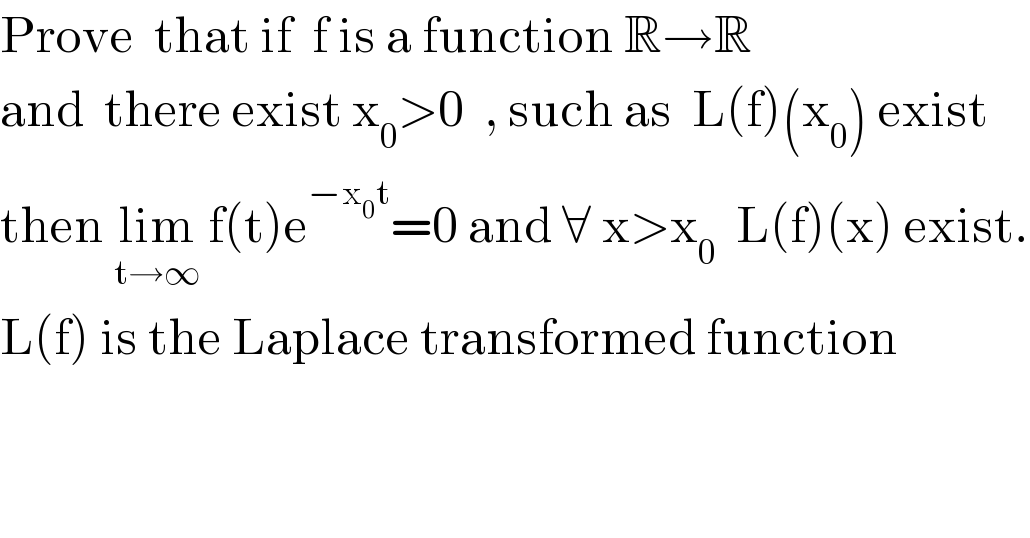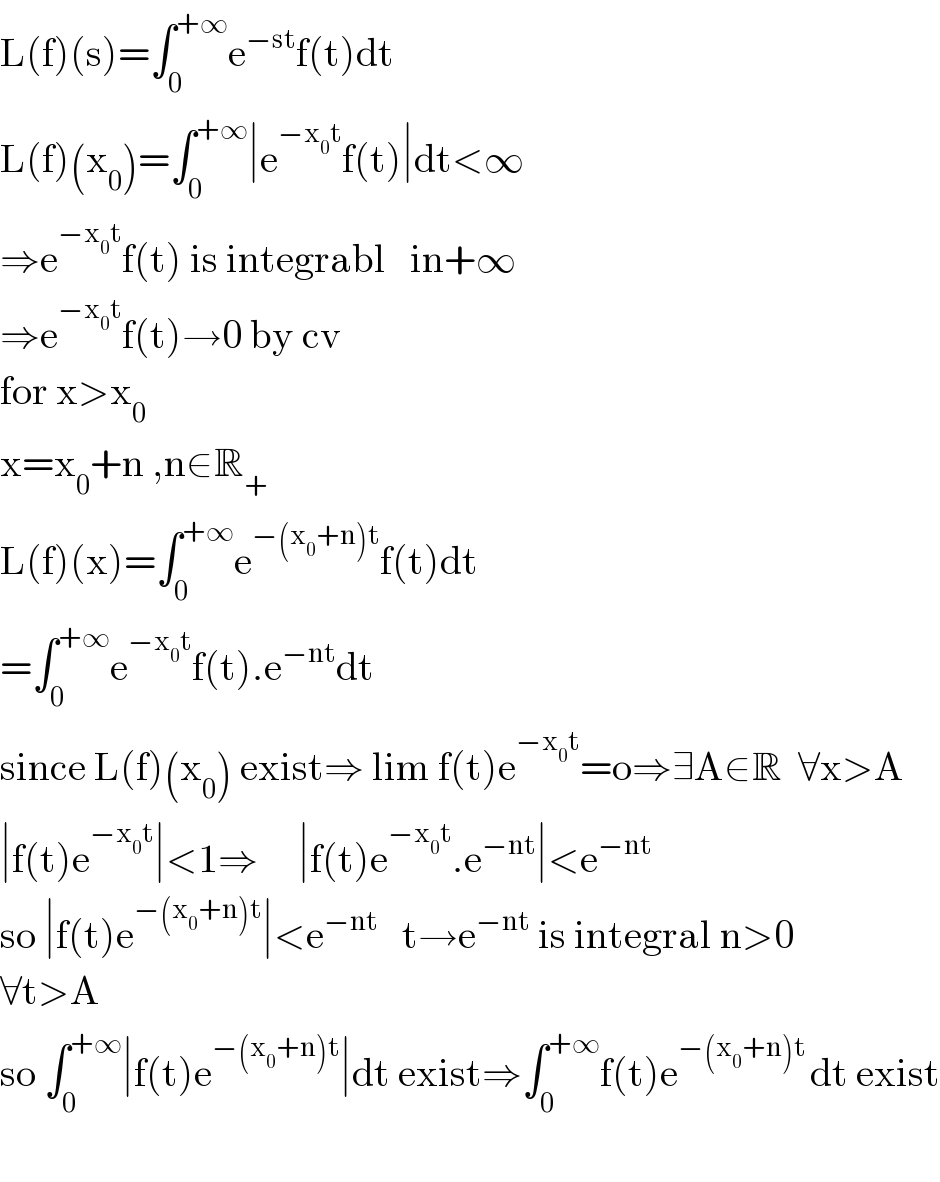
Question and Answers Forum
Question Number 75066 by ~blr237~ last updated on 06/Dec/19

Answered by mind is power last updated on 07/Dec/19

Commented by ~blr237~ last updated on 06/Dec/19

Commented by mind is power last updated on 07/Dec/19

| ||
Question and Answers Forum | ||
Question Number 75066 by ~blr237~ last updated on 06/Dec/19 | ||
 | ||
Answered by mind is power last updated on 07/Dec/19 | ||
 | ||
| ||
Commented by ~blr237~ last updated on 06/Dec/19 | ||
 | ||
Commented by mind is power last updated on 07/Dec/19 | ||
 | ||